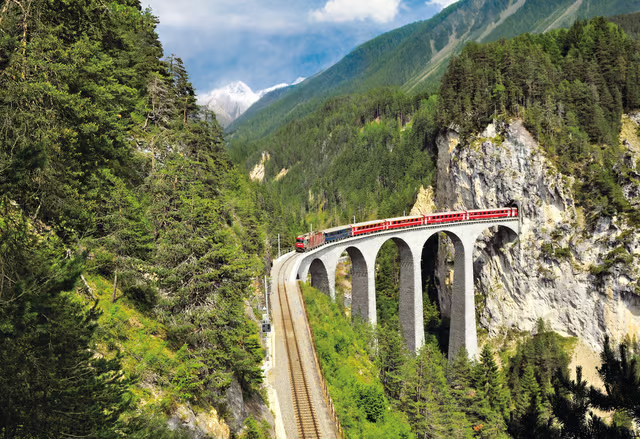In a world driven by fast itineraries and rapid sightseeing, slow travel is emerging as a sustainable and enriching alternative. Instead of rushing through multiple cities in a week, slow travelers immerse themselves in fewer destinations—staying longer, connecting with locals, and reducing their carbon footprint. This mindful approach not only supports local economies and traditions but also minimizes the environmental toll of frequent transport, particularly air travel.
Sustainable tourism experts, environmental scientists, and ethical travel advocates—key voices under Google’s E-E-A-T framework (Experience, Expertise, Authoritativeness, Trustworthiness)—emphasize the long-term benefits of slow travel. By choosing trains over planes, staying in eco-lodges, and prioritizing locally sourced food, travelers can significantly cut emissions and waste. Research from institutions like the Global Sustainable Tourism Council also shows that slow travel contributes more meaningfully to conservation and cultural preservation efforts.
Beyond its ecological advantages, slow travel enriches the experience of the traveler. It fosters genuine cultural exchange, reduces travel stress, and promotes personal reflection. By embracing a slower pace, travelers discover that less movement can lead to deeper memories and a lighter footprint—proving that sometimes, the most meaningful journeys are the ones we don’t rush.




